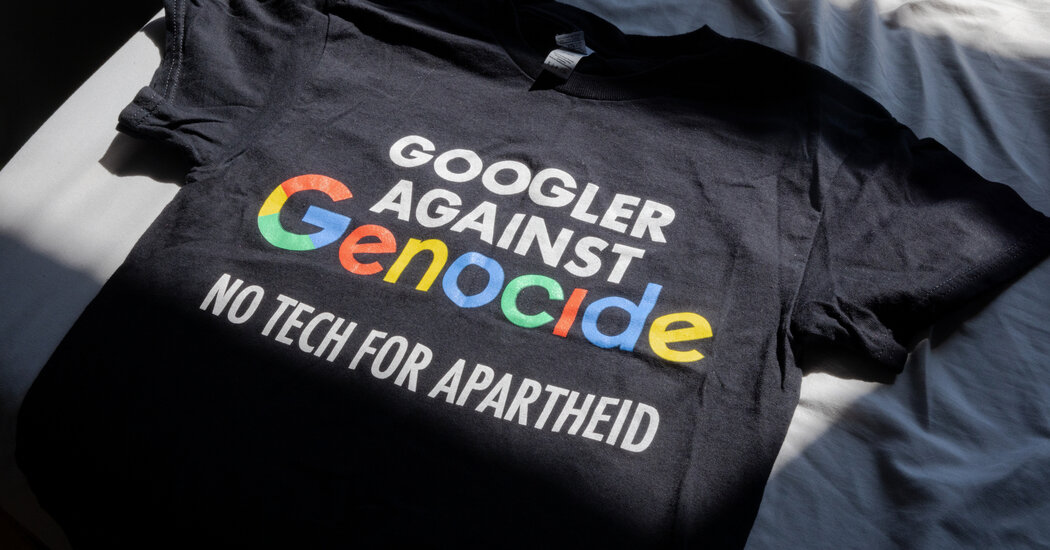The tech giant, which has defended the deal to employees who oppose supplying Israel’s military with technology, feared the project might damage its reputation.
In May 2021, Google announced it had agreed to participate in a $1.2 billion cloud computing contract with the Israeli government and military, saying it was “delighted to have been chosen to help digitally transform” the country.
But four months earlier, officials at the company had worried that signing the deal, called Project Nimbus, would harm its reputation, according to documents prepared for executives that were reviewed by The New York Times.
Google’s lawyers, policy team employees and outside consultants — who were asked to assess the risks of the agreement — wrote that since “sensitive customers” like Israel’s Ministry of Defense and the Israeli Security Agency were included in the contract, “Google Cloud services could be used for, or linked to, the facilitation of human rights violations, including Israeli activity in the West Bank.”
The files, which have not been previously reported on, showed that despite Google’s public defense of Nimbus over the last three years, the company once had concerns about the contract similar to those of some employees, who have argued that it pulled Google into a long conflict between Israelis and Palestinians.
The documents also offer fresh insight into how the tech giant assessed a contract heralded as a gateway to the Israeli cloud computing market. Though the deal, for seven years, was tiny for a company with $258 billion in sales in 2021, it was an important government contract for Google’s cloud computing business, which was struggling to compete with much larger cloud businesses at Amazon and Microsoft. (Amazon also supplies computing services to Israel under the Nimbus deal.)
Google provided Israel with the processing power needed to run applications and A.I. tools, the documents showed, including technology that analyzes images and videos to detect objects. The company also supplied services to store and analyze large amounts of data, along with more mundane software like Google’s videoconferencing system.
